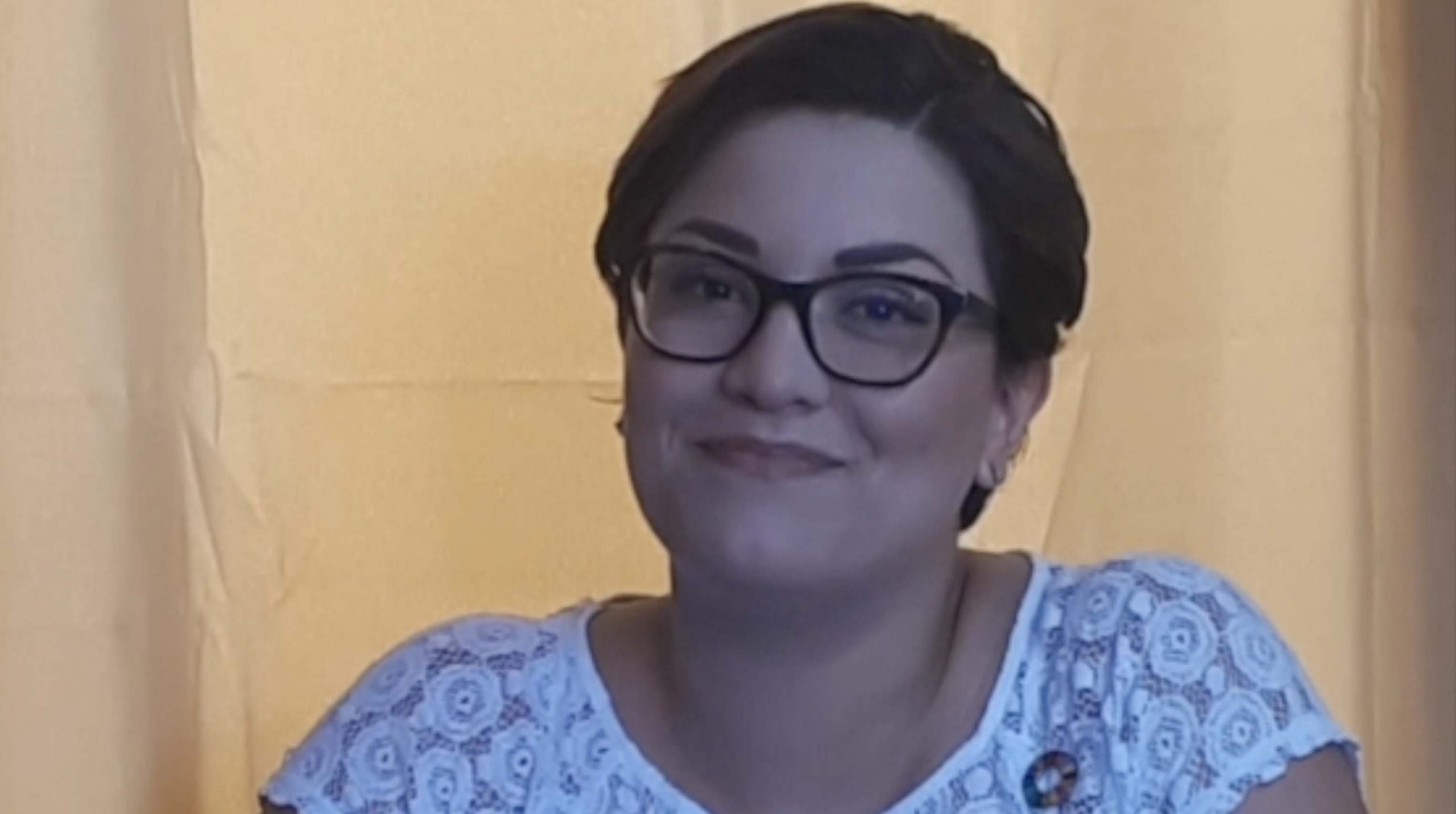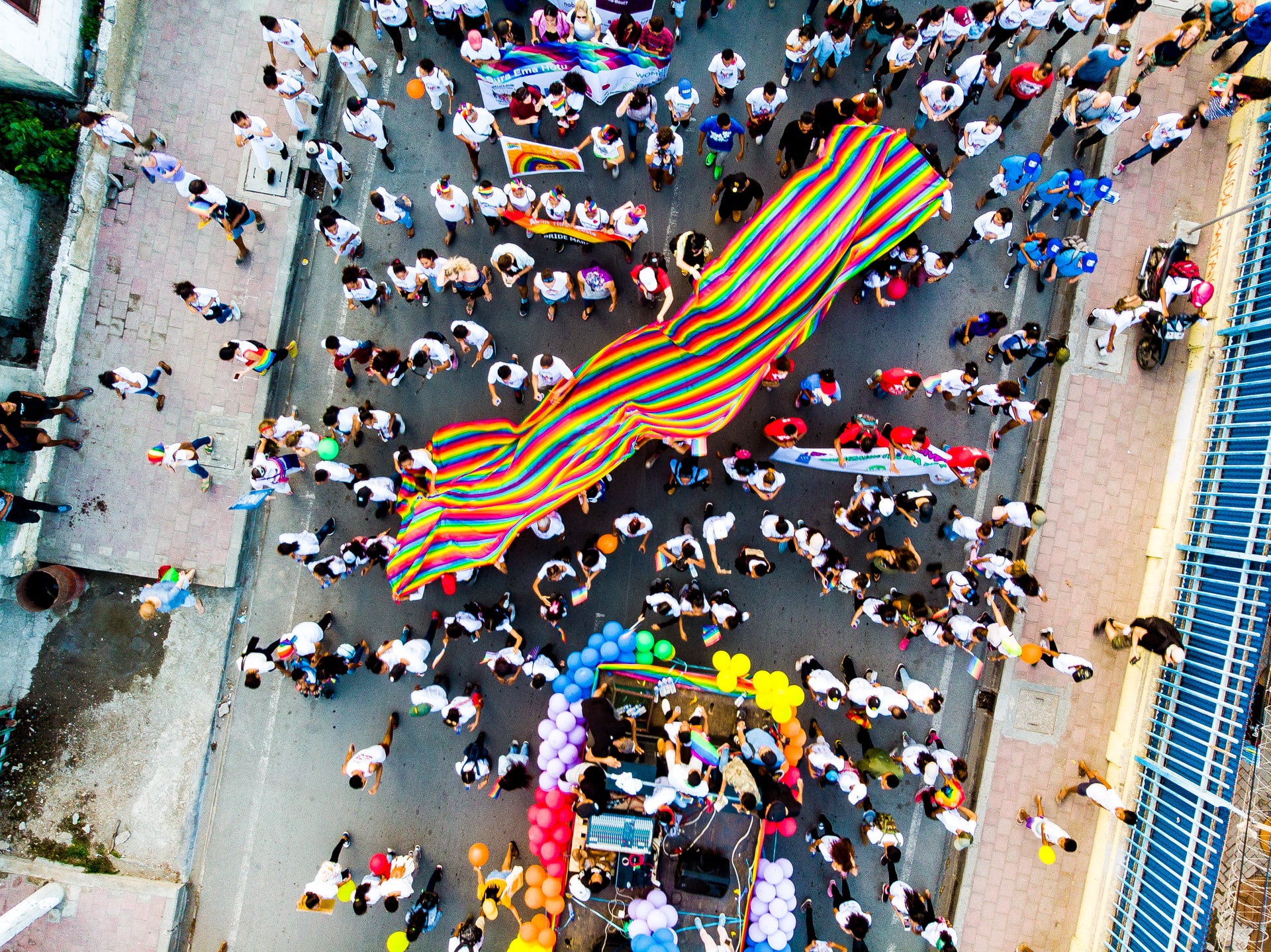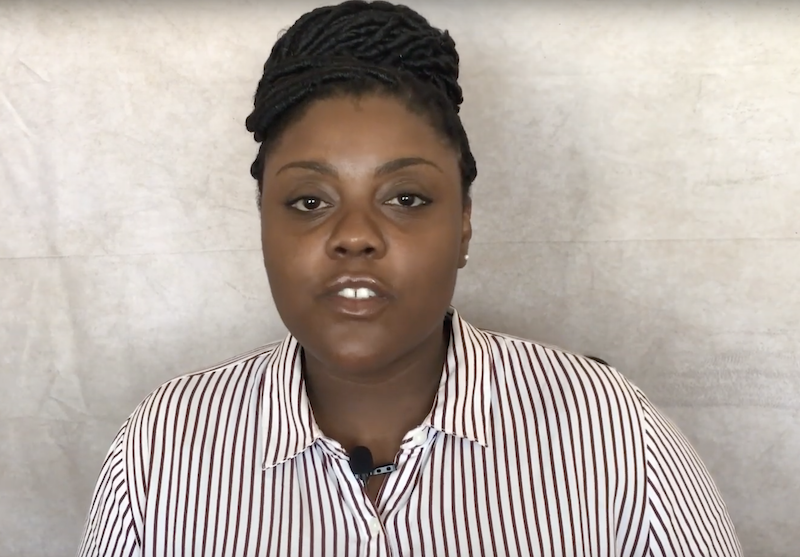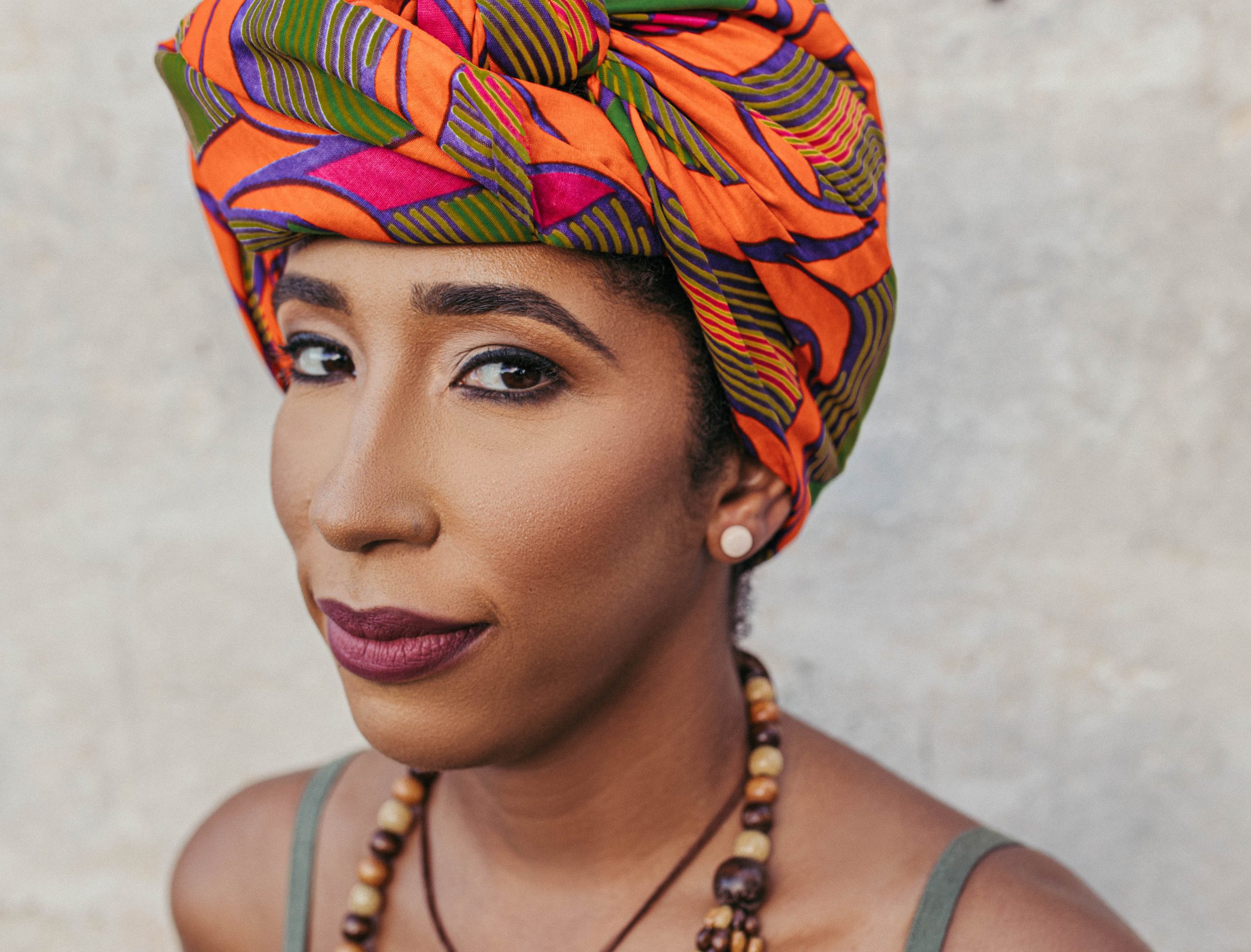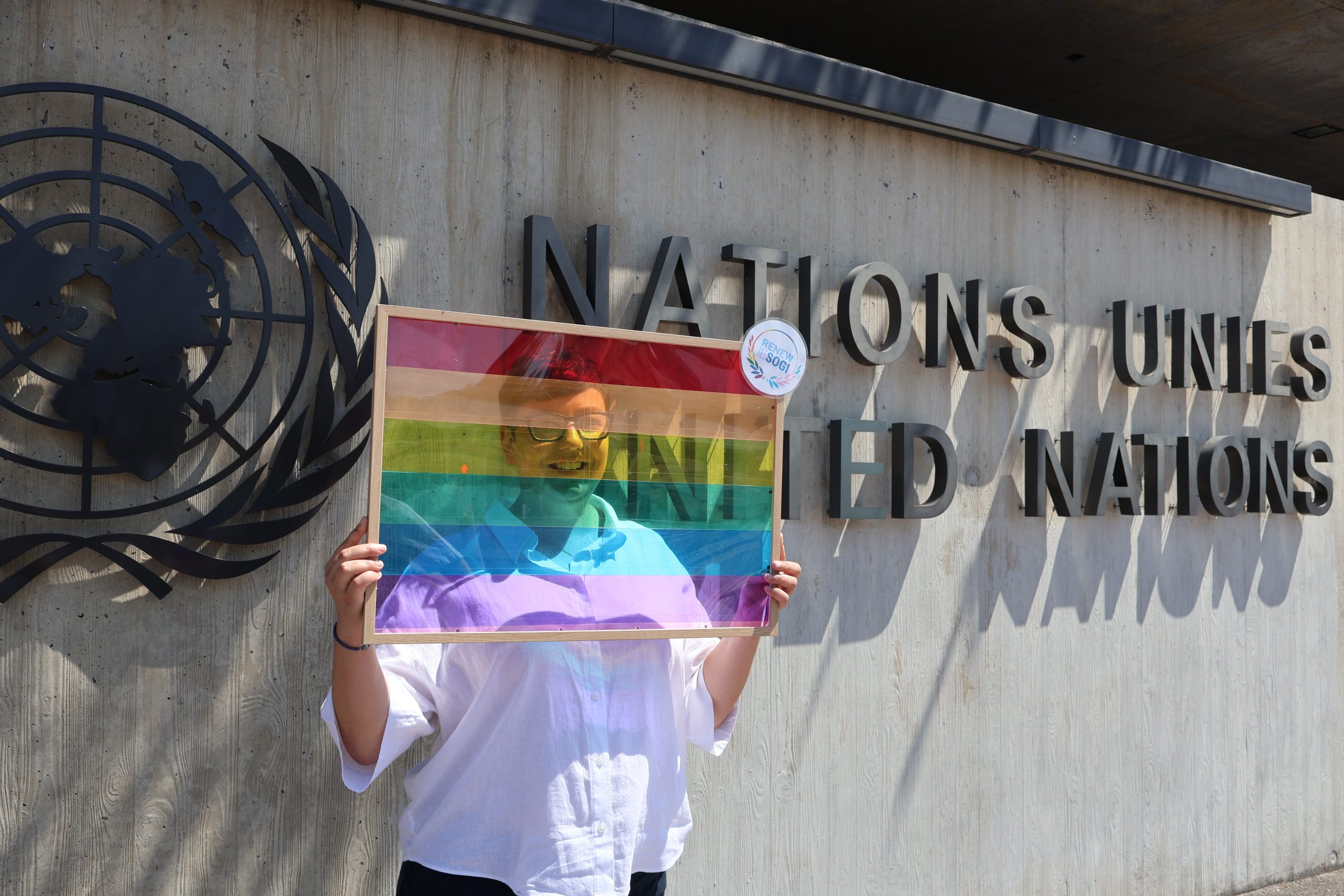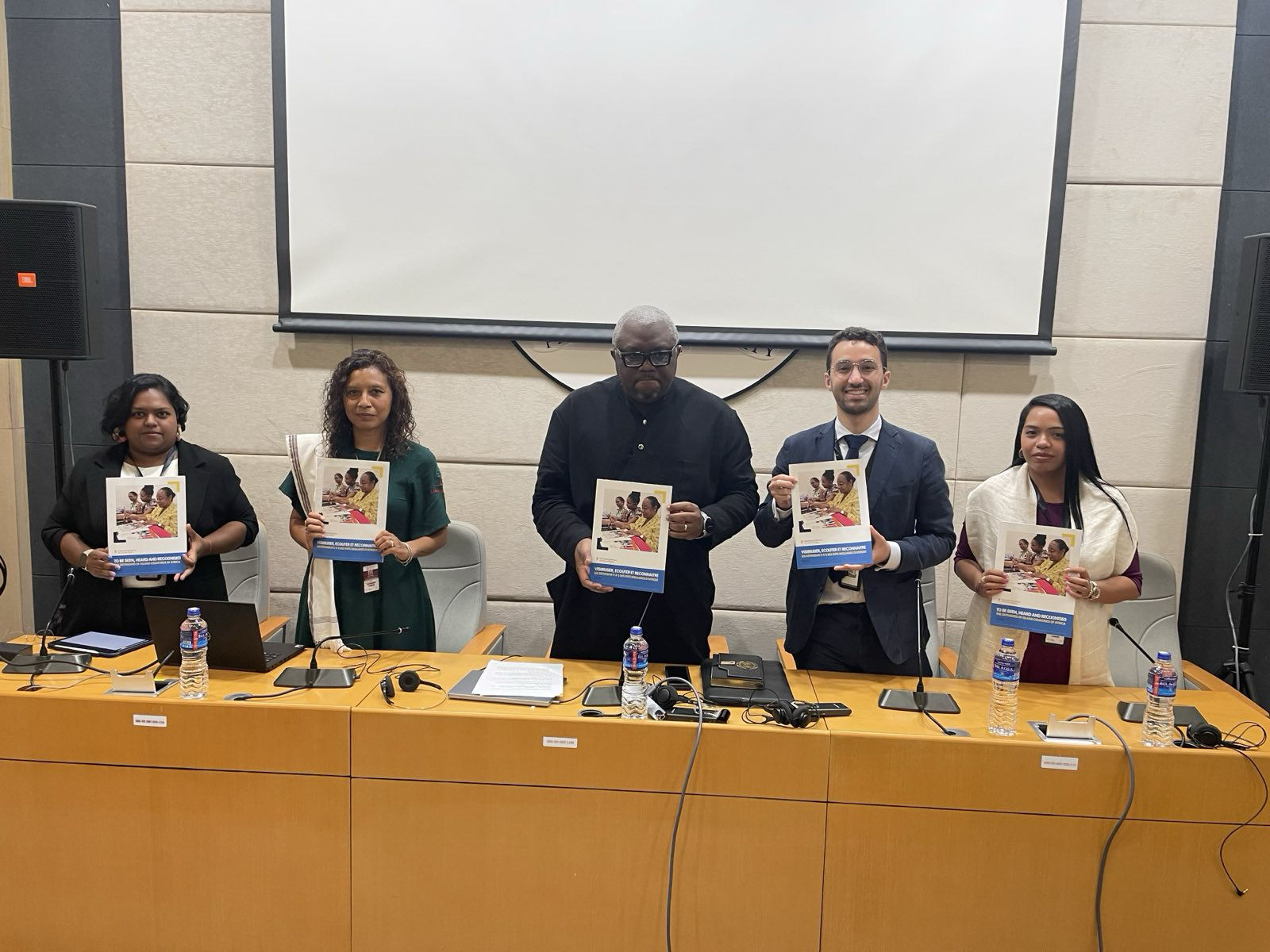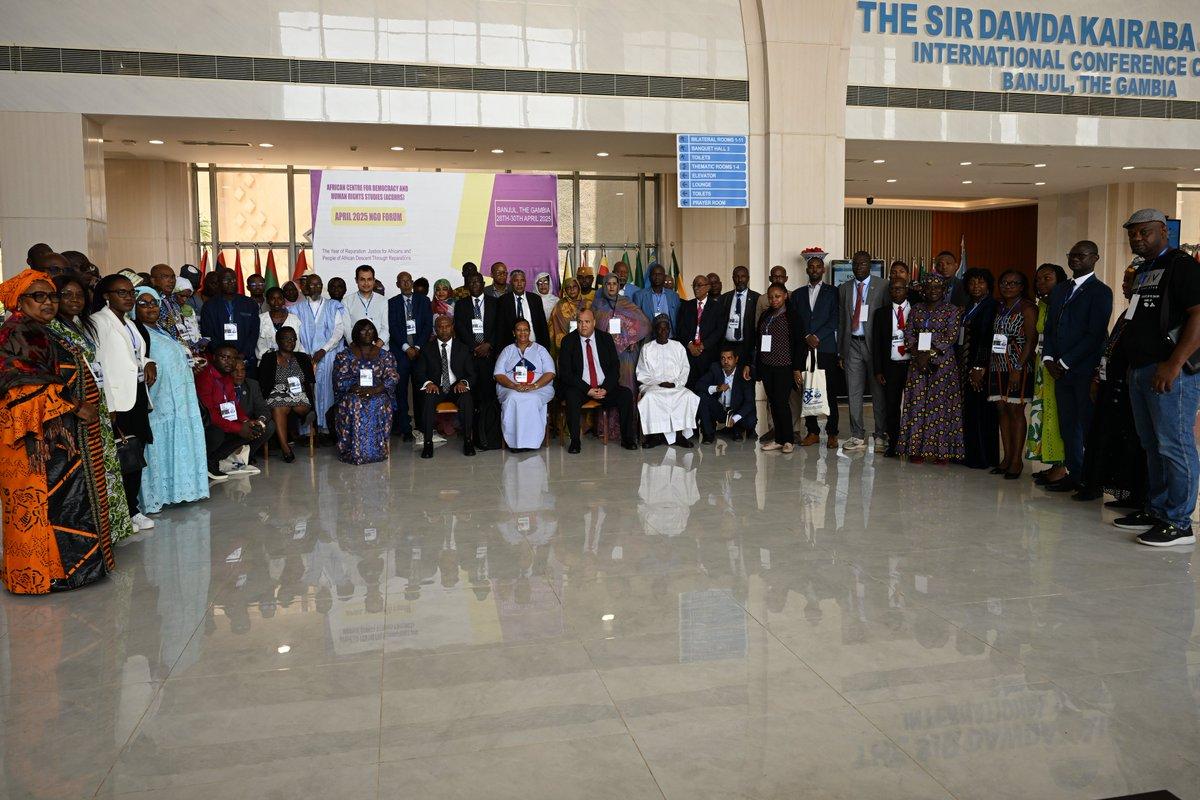Millions of people around the world face human rights violations because of their actual or perceived sexual orientation, gender identity, gender expression, and sex characteristics (SOGIESC). These violations are often ignored or given insufficient attention by governments, especially when they are committed by government authorities themselves. Violence and discrimination against lesbian, gay, bisexual, trans and intersex (LGBTI) persons and their organisations remain widespread, as does the criminalisation of advocacy for LGBTIQ rights.
In this context, the ability of LGBTIQ rights defenders to engage with the UN and use its mechanisms to put pressure on States to make positive change is even more important. Yet it is only in the past several years that SOGIESC issues have made it onto the UN agenda. In 2004, a resolution on sexual orientation was withdrawn because it was so contentious. Fifteen years later, the UN Human Rights Council voted to renew the mandate of its independent expert dedicated to combating violence and discrimination on the basis of sexual orientation and gender identity (SOGI), first established in 2016.
ISHR has played a significant role in supporting progress on the rights of LGBTI persons and communities at the UN, assisting LGBTI communities and activists to participate in and have their voices heard.
Yogyakarta Principles
Building on our leading role in developing the Yogyakarta Principles on Sexual Orientation and Gender Identity and the YP plus 10, and in contributing to the creation and renewal of a the first Independent Expert on violence and discrimination on the basis of SOGI, our work with LGBTI rights defenders strengthens international and regional protections against violence and discrimination.
ISHR supports LGBTIQ defenders
ISHR stands with LGBTI rights defenders in their work, providing intensive training and advocacy support, lobbying to ensure that the role and protection needs of LGBTI rights defenders are reflected in international resolutions and standards, and working with LGBTI rights activists and groups to promote the effective implementation of these resolutions and standards on the ground. ISHR works within a global coalition of LGBTI rights organisations, as part of the LGBTQ movement.
With enhanced communication and solidarity across the LGBTI global movement, as well as human rights movement more generally, the advocacy against violence and discrimination will not only continue but strengthen.
